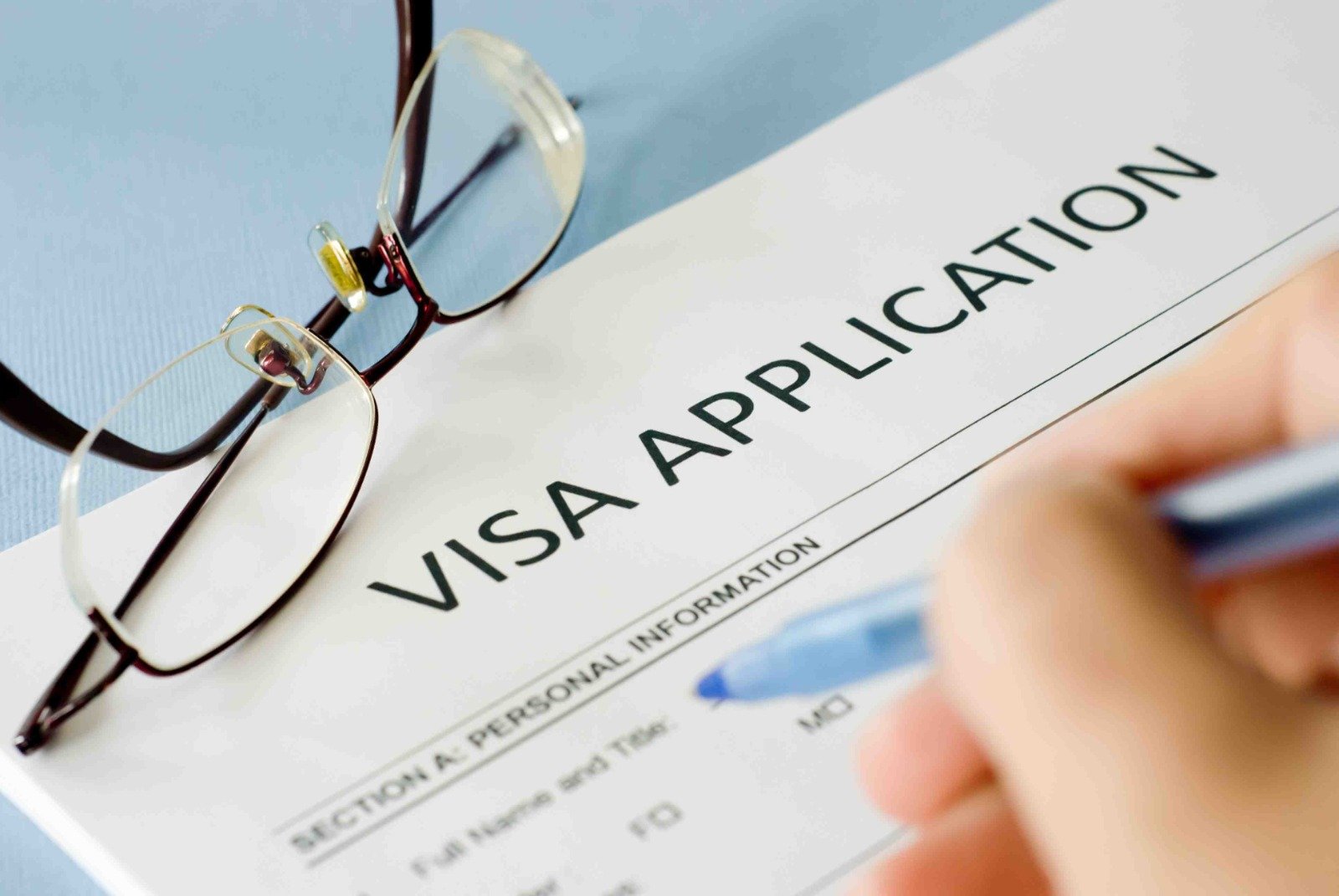Extending a spouse visa can seem like a daunting task, but with the right approach and preparation, it can be a smooth and straightforward process. Whether you are in the UK or another country, understanding the requirements and adhering to the guidelines can significantly ease the experience. Here are some top tips to help ensure your spouse visa extension goes off without a hitch.
Spouse Visa Extension After 5 Years
In many countries, a spouse visa can be extended after a period of 5 years, transitioning into a more permanent status. This often involves a more detailed process, including proving that you have continued to meet the visa requirements and have maintained a genuine relationship throughout the period. Spouse Visa Extension After 5 Years may lead to further benefits, such as eligibility for indefinite leave to remain or permanent residency. Ensure you review the specific criteria for the 5-year extension process well in advance and gather all necessary documentation to support your continued eligibility.
1. Understand the Visa Requirements
Before beginning the extension process, make sure you thoroughly understand the specific requirements for a spouse visa extension in your country. Different countries have different rules, so it’s essential to familiarize yourself with the criteria that apply to your situation. In general, requirements may include proof of your relationship, financial stability, and meeting residency requirements. Check the official immigration website for the most accurate and up-to-date information.
2. Prepare All Required Documentation
Having all the necessary documents ready is crucial for a successful visa extension. Common documents required for a spouse visa extension include:
- Proof of Relationship: This can be marriage certificates, joint bank statements, and evidence of living together.
- Financial Evidence: Pay slips, bank statements, and employment letters to prove you meet the financial requirement.
- Proof of English Language Proficiency: Depending on the country, you may need to demonstrate a certain level of English proficiency.
- Identity Documents: Passports, biometric residence permits, and any other required identification.
Gather these documents well in advance and ensure they are up-to-date and correctly formatted. Incomplete or incorrect documentation can delay the process or even lead to rejection.
3. Submit Your Application Early
Timing is crucial when applying for a visa extension. You should submit your application before your current visa expires. Many countries allow you to apply for an extension up to 28 days before your current visa ends. Applying early ensures that you have ample time to address any issues that might arise and avoid overstaying your visa, which can lead to complications.
4. Double-Check the Application Form
Fill out the application form carefully and double-check all the information provided. Errors or omissions can lead to delays or rejections. Ensure that all details are accurate and consistent with the supporting documents. It can be helpful to have someone else review your application before submission to catch any mistakes you might have missed.
5. Follow the Guidelines for Biometrics and Interviews
In many cases, you may be required to provide biometric information, such as fingerprints and photographs. Follow the instructions carefully and schedule your appointment promptly. Additionally, be prepared for a possible interview where you may need to answer questions about your relationship and living situation. Being well-prepared can help you feel more confident and make a positive impression.
6. Keep Track of Your Application Status
After submitting your application, monitor its status regularly. Most countries provide an online tracking system where you can check the progress of your application. Keeping track of your application helps you stay informed about any updates or additional requests from the immigration authorities.
7. Seek Professional Advice if Needed
If you are unsure about any part of the application process or if your case is particularly complex, consider seeking professional advice. Immigration consultants or lawyers can provide valuable guidance and help ensure that your application is complete and accurate. While this may involve additional costs, it can provide peace of mind and potentially prevent costly mistakes.
8. Prepare for a Possible Refusal
In some cases, visa extensions may be refused. If this happens, you will typically receive a letter explaining the reasons for the refusal and information on how to appeal. Familiarize yourself with the appeals process and consider seeking professional advice to assist with the appeal if necessary.
9. Maintain Compliance with Visa Conditions
Throughout the duration of your visa and extension process, it’s important to adhere to the visa conditions. This includes staying within the country legally, not breaching any visa conditions, and maintaining the integrity of your relationship. Any non-compliance can negatively impact your extension application and future immigration status.
10. Stay Informed About Changes in Immigration Laws
Immigration laws and policies can change frequently. Stay informed about any updates or changes that might affect your visa extension process. Regularly check official immigration websites or consult with immigration professionals to ensure that you are up-to-date with the latest requirements and procedures.






















Leave a Reply